Types Of Cloud Services: IaaS, PaaS, SaaS
4.8 out of 5 based on 8595 votesLast updated on 6th Jul 2024 12.36K Views
- Bookmark

Let's delve into IaaS, PaaS, and SaaS, exploring their specifics, uses, benefits, and future trends. For more details read this post.
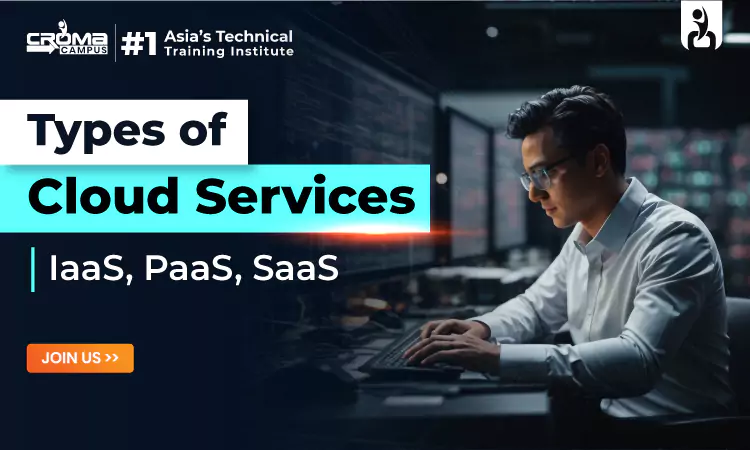
Introduction
Over the past few years, cloud computing has revolutionized how businesses operate, offering scalable, cost-effective, and flexible solutions to meet various IT requirements. Among the different types of cloud services, three primary models stand out: 'Infrastructure as a Service (IaaS), Platform as a Service (PaaS)', and Software as a Service (SaaS). Well, each model offers unique features, advantages, and future potential. If you also want to acquire in-depth information concerning these three cloud services, enrolling in the Cloud Computing Classes will be a huge boon for your career.
For now, let's now move further, and look at the specifics of IaaS, PaaS, and SaaS, exploring their uses, benefits, and future trends.
Infrastructure as a Service (IaaS)
IaaS provides virtualized computing resources over the internet. It is the most basic cloud service model, offering essential infrastructure such as virtual machines, storage, and networks. This model allows businesses to avoid the cost and complexity of buying and managing physical servers.
Know its uses:-
- IaaS allows businesses to scale up or down based on their needs, providing flexibility in managing workloads.
- By leveraging IaaS, companies can convert capital expenses into operational expenses, paying only for what they use.
- IaaS providers offer robust disaster recovery and backup solutions, ensuring data integrity and business continuity.
- Developers can quickly set up and dismantle development and testing environments without physical hardware.
- IaaS supports intensive computing tasks such as simulations, financial modelling, and big data analysis.
As its future trends are concerned, as cyber threats evolve, IaaS providers will continue to enhance security features, incorporating advanced encryption, AI-driven threat detection, and compliance tools. In fact, IaaS platforms will increasingly integrate AI and machine learning capabilities, offering businesses sophisticated tools for data analysis and automation. Not only this, it will also extend to edge computing, providing infrastructure closer to data sources for reduced latency and faster processing.
Platform as a Service (PaaS)
It provides a platform allowing customers to develop, run, and manage applications without the complexity of building and maintaining the underlying infrastructure. It includes services like operating systems, databases, middleware, and development tools.
Know its uses:-
- PaaS offers a complete development environment, enabling developers to focus on coding without worrying about infrastructure management.
- At the same time, it also facilitates collaboration among geographically dispersed development teams by providing a common platform.
- In fact, developers can quickly prototype and test applications, accelerating the time-to-market.
- These solutions often come with pre-built integrations for databases, web services, and APIs, simplifying the development process.
- PaaS platforms can automatically scale applications based on demand, ensuring optimal performance.
It genuinely has a bright scope ahead. PaaS providers will continue to incorporate AI and machine learning tools, enabling developers to build intelligent applications. The rise of low-code and no-code platforms within PaaS will democratize application development, allowing non-developers to create applications. Additionally, the Microsoft Azure Course Online will expand its offerings to support multi-cloud and hybrid cloud environments, enhancing flexibility and minimizing vendor lock-in.
Software as a Service (SaaS)
SaaS delivers software applications over the internet on a subscription basis. Users can access these applications through a web browser, eliminating the need for local installation and maintenance.
Know its uses:-
- SaaS applications are accessible from any device with an internet connection, providing flexibility and mobility for users.
- It eliminates the need for purchasing and maintaining hardware and software, reducing upfront costs.
- SaaS providers handle all updates and maintenance, ensuring users always have access to the latest features and security patches.
- Its applications can easily scale to accommodate growing user bases and increased usage.
- Many SaaS applications are designed for collaboration, allowing multiple users to work on the same documents or projects in real time.
In the coming years, SaaS applications will increasingly incorporate AI-driven features such as predictive analytics, automation, and personalized user experiences. Not only this, it will offer specialized SaaS solutions tailored to specific industries (e.g., healthcare, finance, retail) will become more prevalent, offering industry-specific features and compliance tools. SaaS providers will enhance security measures and compliance capabilities. Applications will offer better integration with IaaS and PaaS services, providing seamless workflows and data interoperability.
Amongst Cloud's SaaS, PaaS & IaaS, which has a brighter scope?
Amongst Cloud's SaaS, PaaS, and IaaS, Software as a Service (SaaS) appears to have the brightest scope shortly. The SaaS model's ability to deliver software applications over the Internet with minimal upfront costs, automatic updates, and scalability makes it highly appealing to businesses of all sizes. SaaS solutions are versatile, addressing a wide range of business needs from customer relationship management (CRM) and enterprise resource planning (ERP) to collaboration tools and industry-specific applications.
The growing demand for remote work solutions, digital transformation, and operational efficiency further fuels the adoption of SaaS. As companies seek to reduce IT overhead and streamline their operations, the convenience, cost-effectiveness, and accessibility of SaaS will continue to drive its rapid expansion and innovation, cementing its position as a critical component of the cloud computing ecosystem.
What the future holds for Cloud Computing?
To be honest, the future of cloud computing services is referred to as significant growth and innovation, transforming how businesses and individuals interact with technology. As numerous kinds of companies continue to prioritize digital transformation, cloud services will become even more integral to operations.
Key trends include the expansion of multi-cloud and hybrid-cloud strategies, allowing businesses to leverage the strengths of different providers while avoiding vendor lock-in. The integration of artificial intelligence and machine learning within cloud platforms will enable more sophisticated data analysis, automation, and decision-making capabilities. Enhanced security measures and compliance features will address growing concerns around data privacy and cyber threats.
Additionally, edge computing will gain prominence, bringing computational power closer to data sources for faster processing and reduced latency, crucial for IoT and real-time applications. Industries such as healthcare, finance, and retail will increasingly adopt specialized cloud solutions tailored to their unique needs. In a way, cloud computing will continue to drive innovation, efficiency, and scalability, cementing its role as a cornerstone of modern IT infrastructure.
Is learning Cloud Computing really difficult?
Learning cloud computing can be challenging, but it is manageable with the right approach and resources. The difficulty largely depends on your background and experience with technology. For those with a solid foundation in IT, networking, and programming, transitioning to cloud computing concepts might be smoother.
However, even for beginners, the structured learning paths and abundant resources available today make it accessible. Acquiring its legit training of Microsoft Azure offers comprehensive guidance. The key to mastering and obtaining a Cloud Computing Certification Course lies in consistent practice, real-world application, and continuous learning to keep up with the rapidly evolving technologies. With dedication and the right mindset, you will surely learn and excel in cloud computing.
Know the "Next Big Thing" in Cloud Computing
The "Next Big Thing" in cloud computing is likely to be the proliferation and maturation of edge computing. As the volume of data generated by IoT devices and other sources continues to skyrocket, traditional cloud computing models face challenges in terms of latency, bandwidth, and data sovereignty.
Edge computing addresses these issues by processing data closer to its source, reducing latency and bandwidth usage while enabling real-time analytics and decision-making.
This shift will support applications requiring instantaneous responses, such as autonomous vehicles, smart cities, and advanced robotics. Edge computing, combined with 5G technology, will further enhance the capabilities and adoption of distributed cloud architectures, providing more robust and responsive services.
Another transformative trend is the integration of Artificial Intelligence (AI) and Machine Learning (ML) into cloud platforms. Cloud providers are increasingly embedding AI and ML capabilities directly into their services, democratizing access to advanced analytics and automation tools. This integration will enable businesses of all sizes to harness the power of AI for predictive analytics, natural language processing, and complex problem-solving without the need for extensive in-house expertise. The synergy between cloud computing and AI will drive innovation across industries, from personalized healthcare and financial forecasting to intelligent customer service and supply chain optimization.
As these technologies evolve, they will redefine the landscape of cloud computing, making it more intelligent, adaptive, and indispensable to modern enterprises.
Conclusion
The cloud service models of IaaS, PaaS, and SaaS each offer distinct advantages for significant growth and innovation. IaaS provides the foundational infrastructure, PaaS offers a platform for development and deployment, and SaaS delivers software applications over the Internet. Together, these models enable businesses to leverage the power of the cloud, driving efficiency, scalability, and innovation. As cloud technology continues to evolve, we can expect to see increased integration of AI and machine learning, enhanced security measures, and the rise of specialized solutions tailored to specific industries. Making the best use of these cloud service models will be crucial for businesses looking to stay competitive in the digital age, providing the agility and resources needed to navigate an ever-changing technological landscape.
Subscribe For Free Demo
Free Demo for Corporate & Online Trainings.
Your email address will not be published. Required fields are marked *
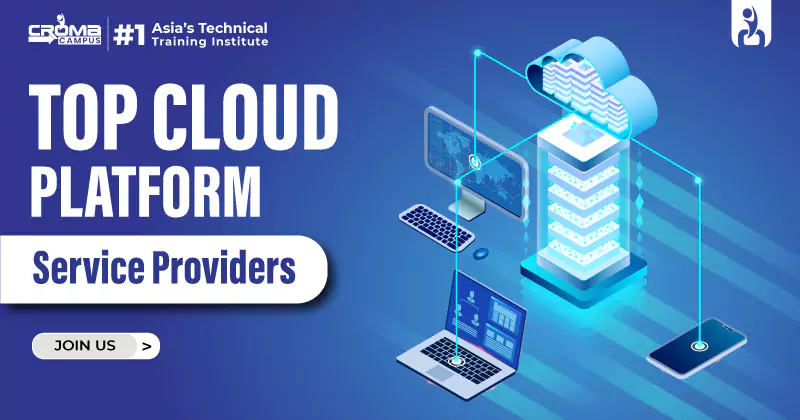
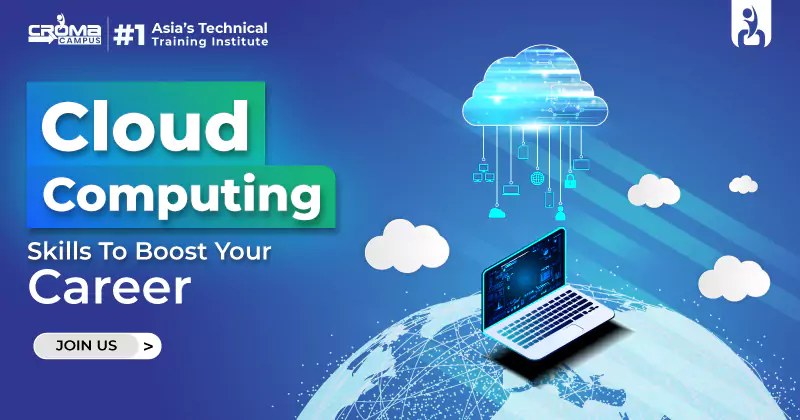
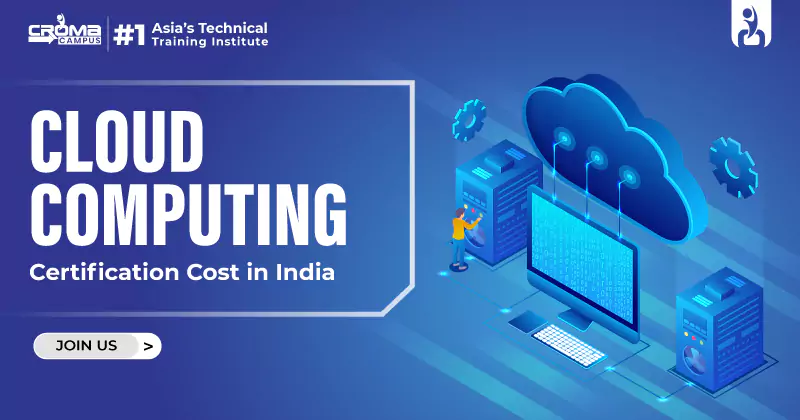
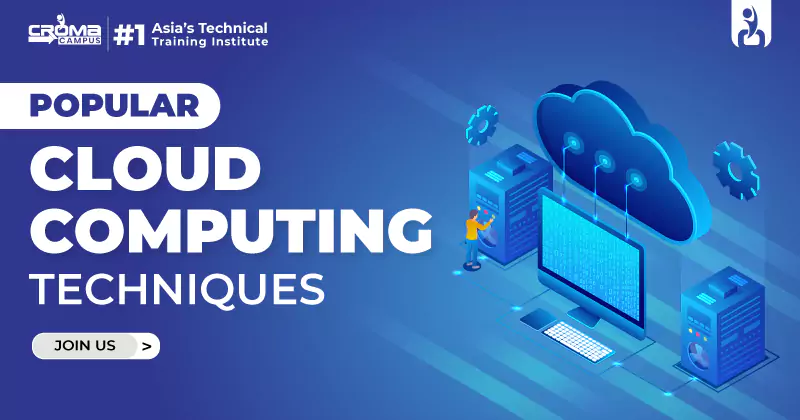
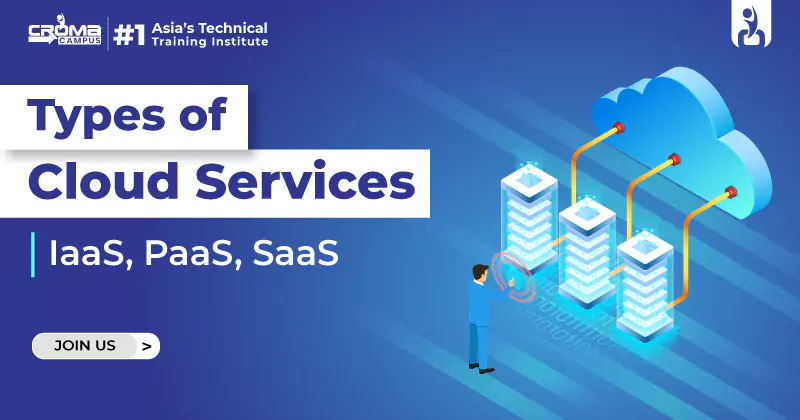
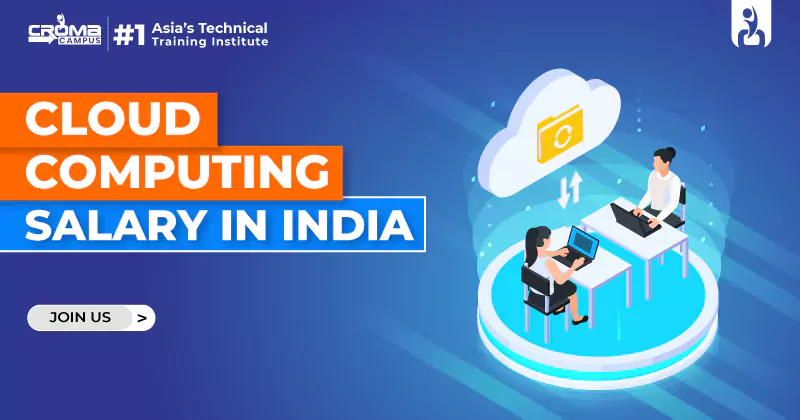
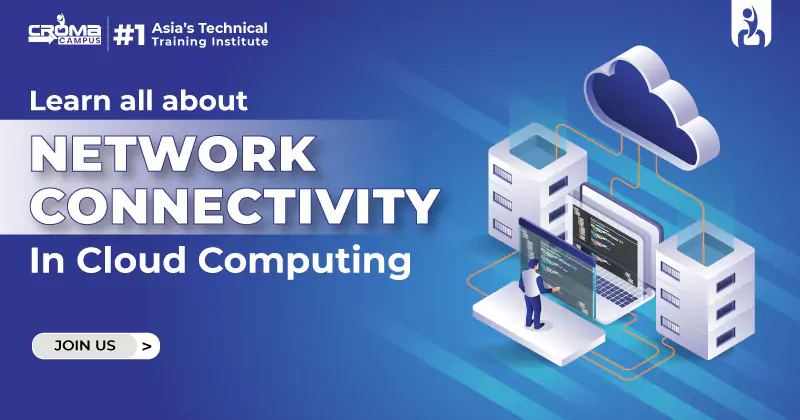
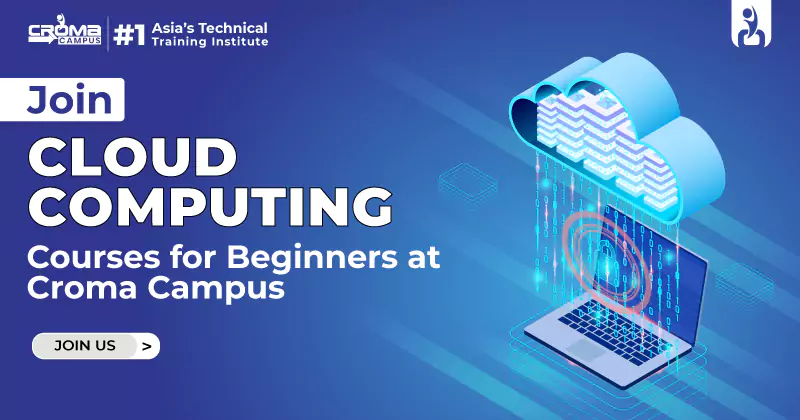
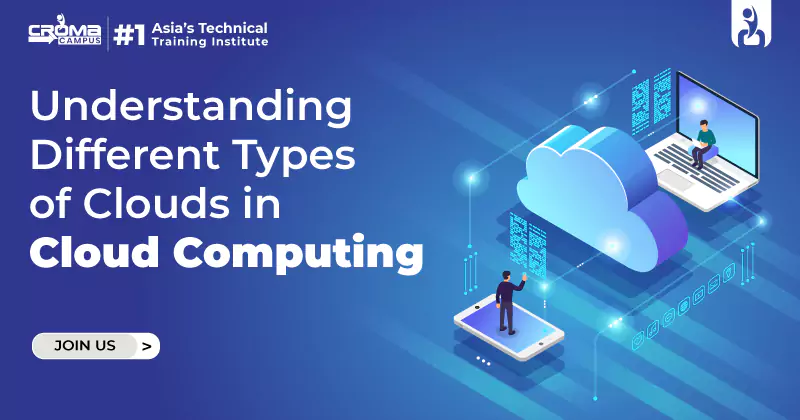
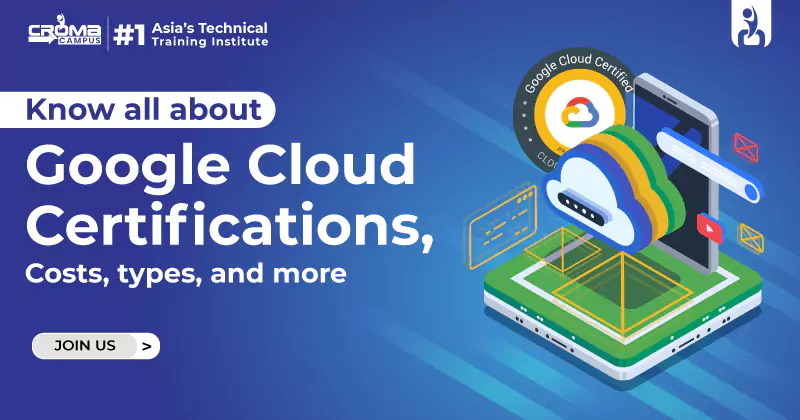
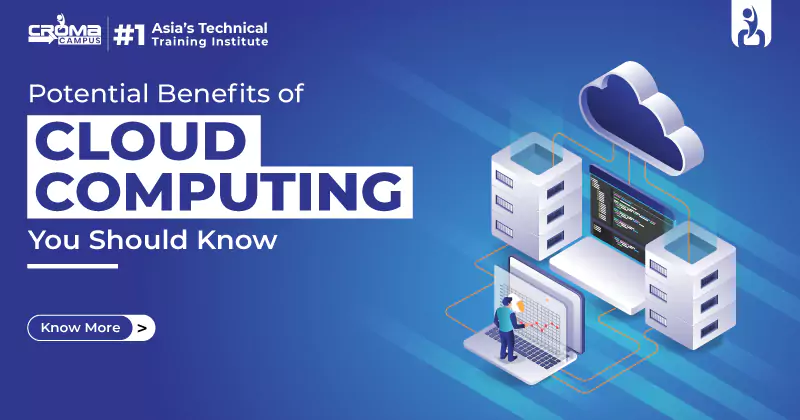
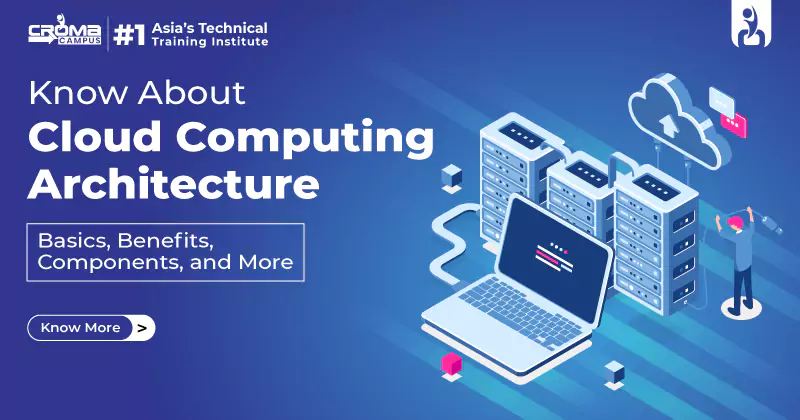










 Master in Cloud Computing Training
Master in Cloud Computing Training